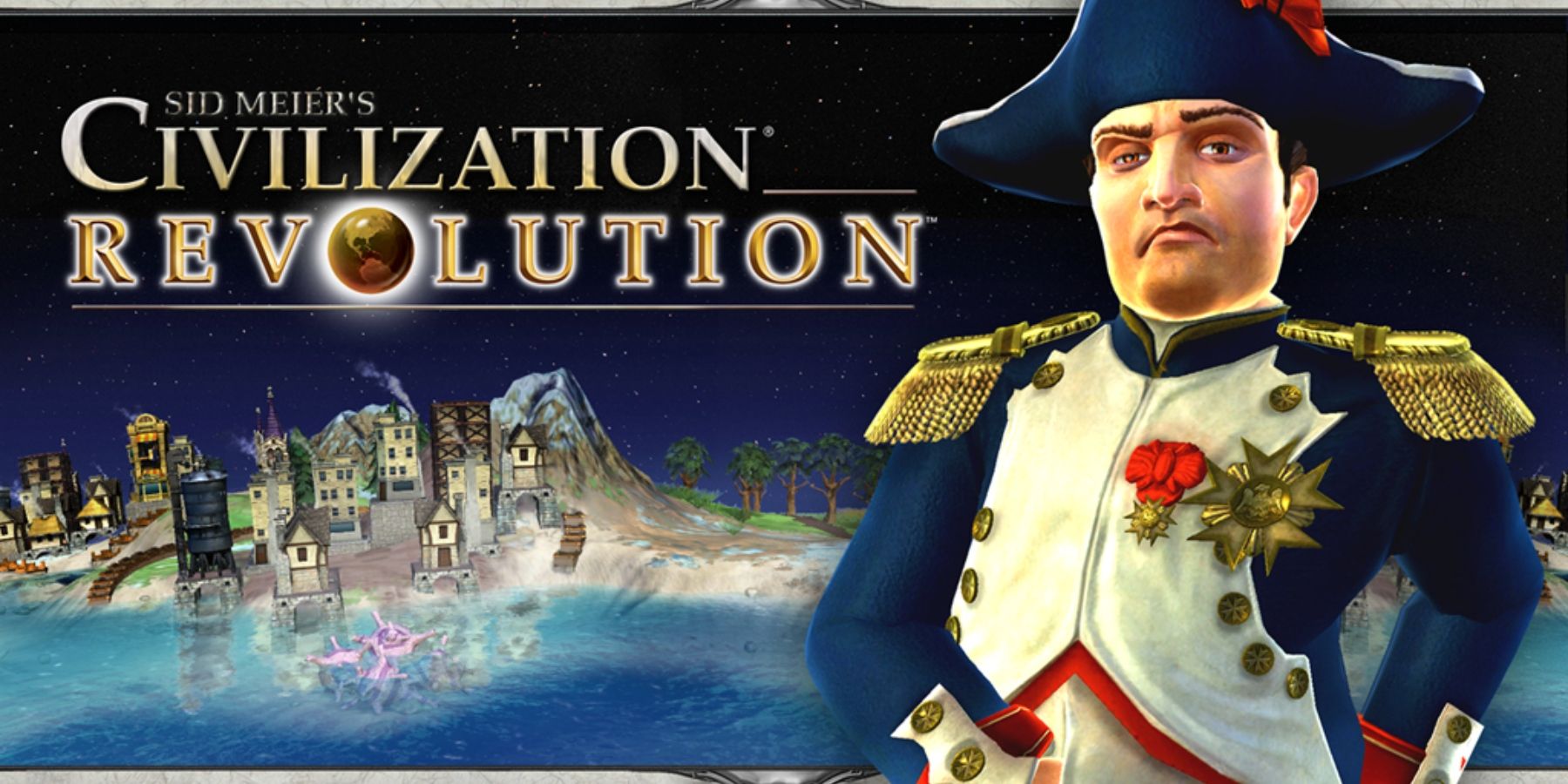The Civilization franchise has held a strong position in the strategy video game market for well over 30 years now, with six mainline entries continuing to deliver some of the best 4X gameplay of their respective eras. Though it seems incredibly outdated now, 1991's Civilization was a very innovative title for its day, offering a strategic experience unlike any other. While strategy games had been around for a while, Civilization was one of the first games to offer an expansive, real-world strategic sandbox to play in, with far more than just military domination to work towards.
Over the years, the Civilization franchise has evolved at a steady pace, adding new nations, leaders, victory conditions, and units. But these changes are rarely drastic, and for the most part, the Civilization franchise has remained largely the same for three decades. Though every once in a while, Civilization gets to dip its toes into uncharted waters, and Civilization 7's imminent release might cause the series to pass over that opportunity for the first time since 2006.
Civilization 7 Might Break a Long-Time Series Tradition
In 2005, Civilization 4 released. Though it came just four years after Civilization 3, Civilization 4 brought a number of acclaimed features to the franchise, including a brand new 3D engine, smarter AI, a more refined multiplayer component, and a handful of quality-of-life improvements. In many ways, Civilization 4 was seen as the start of a new era for the franchise, and that was celebrated with the launch of a spinoff, CivCity: Rome.
Coming just nine months after Civilization 4's release, CivCity: Rome was a unique departure for the franchise up till that point. While the Civilization series had several spinoffs before CivCity: Rome, such as Colonization and Alpha Centauri, they all followed the same 4X strategy formula laid out by the mainline series. CivCity: Rome, on the other hand, took the series in a different direction, focusing not on an entire nation, but just one city. CivCity: Rome sees players take control of a Roman leader, in charge of managing a bustling ancient Roman city, with gameplay centered around ensuring that the city has all of the commodities and facilities it needs to thrive, more similar to a tycoon game than a 4X strategy title.
Just two years after CivCity: Rome's release, Civilization Revolution would launch on the seventh generation of consoles. While Civilization Revolution would follow in the mainline series' footsteps much more closely than CivCity, it still marked a big departure for the series, stripping back a lot of the franchise's more complex systems in favor of offering a more streamlined, accessible experience for newcomers.
Two spinoff titles came between Civilization 4 and 5, and that same pattern would repeat for Civilization 5 and 6. Following on from Civ 5's launch in 2010, Civilization: Beyond Earth would release in 2014, alongside Civilization Revolution 2 in the same year. Since CivCity: Rome's release in 2006, there have always been two spinoff titles in between mainline Civ entries, but that trend seems to be coming to an end with Civilization 7.
A few months ago, Firaxis announced that it was working on Civilization 7. With that presumably being the next Civilization entry slated for release, it'll mark the first time since 2001 that there have been no spinoff entries at all between mainline Civilization releases, and the first time since 2006 that there haven't been two. While it's great to have another mainline Civ on the horizon, it's a bit of a shame that there hasn't been a spinoff title in almost a decade, as these tend to offer a particularly unique experience that often isn't found in the mainline entries themselves.

